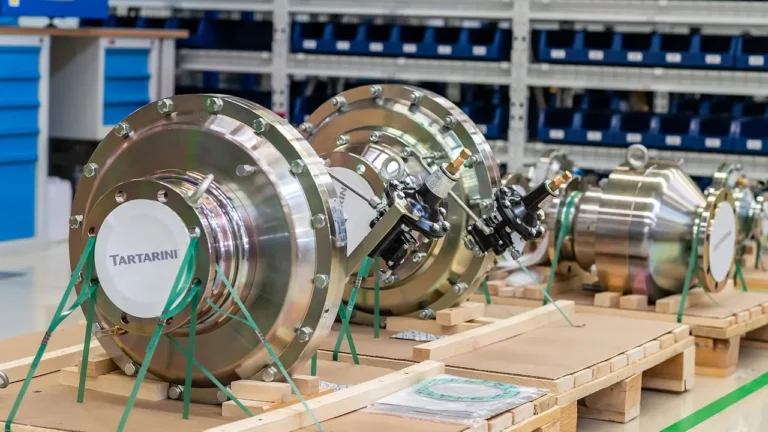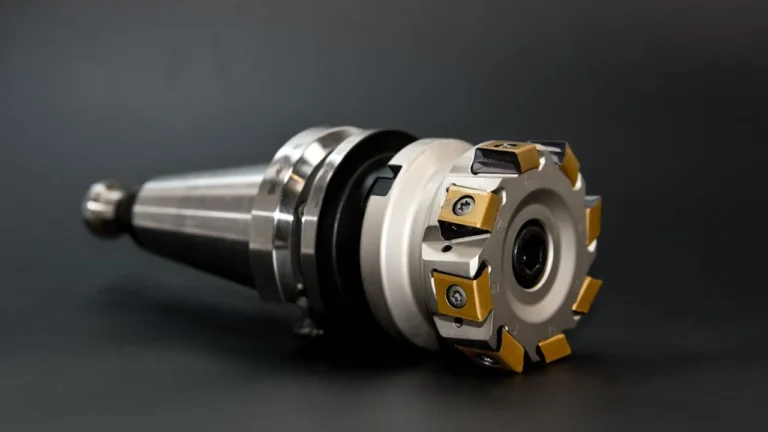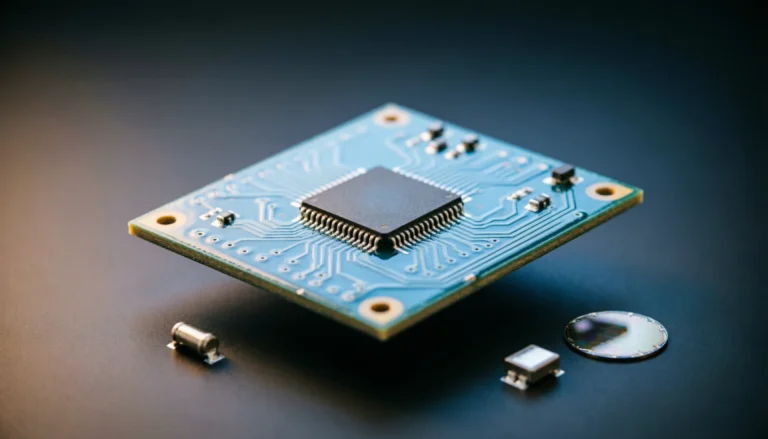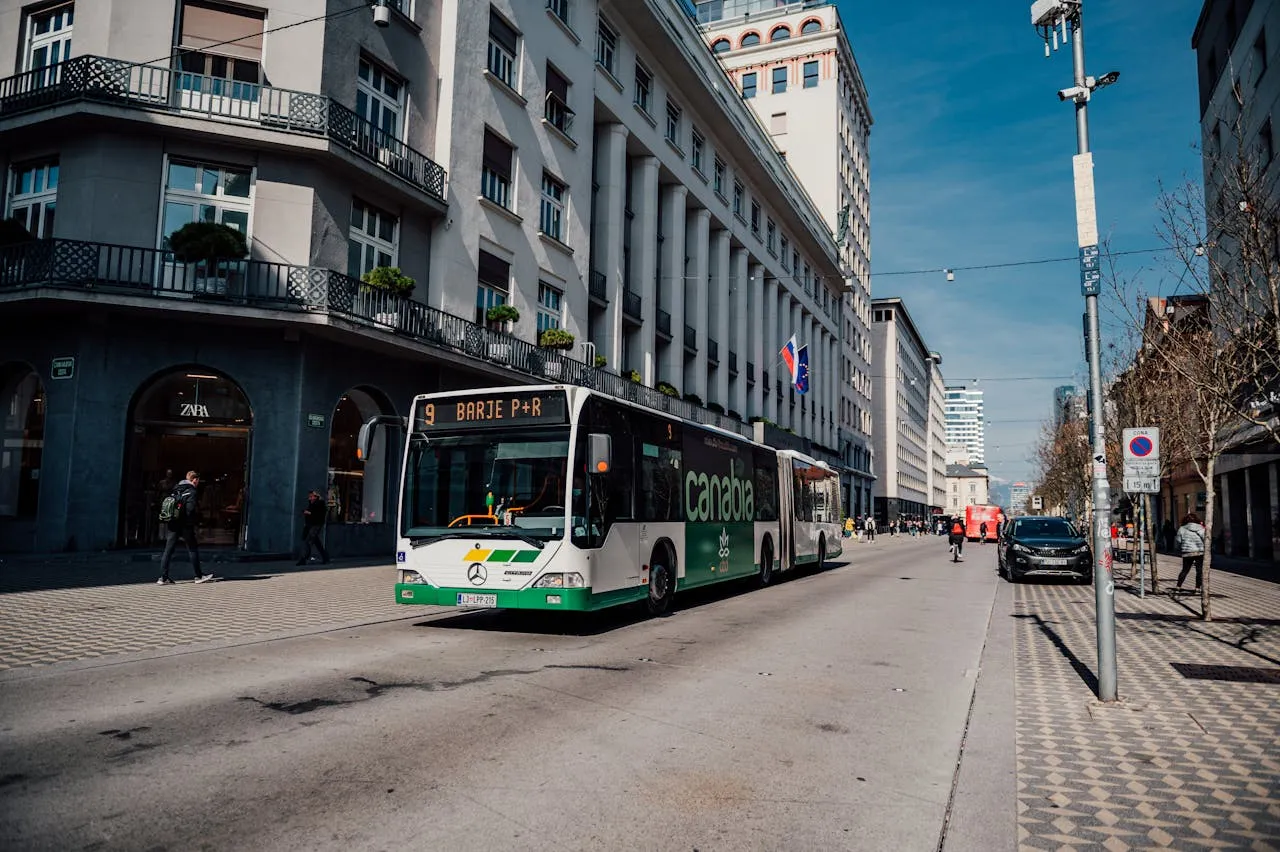
Daimler Buses to Build First Complete Electric Bus Depot for MOIN in Lüneburg
Daimler Buses has marked a significant milestone in its history with a groundbreaking project in the city of Lüneburg. For the first time ever, the company has been awarded a contract to design and construct a fully electric bus depot, including the entire charging infrastructure, as a general contractor. The project is being developed for MOIN Mobilitätsinfrastruktur und -betriebs GmbH Landkreis Lüneburg, also known as MOIN GmbH. Scheduled to be operational by early 2026, this ambitious venture carries an overall investment value of €9.6 million.
A ceremonial groundbreaking took place on May 27, 2025, at the site on Gebrüder-Heyn-Straße in Lüneburg’s industrial port area, signaling the start of construction for what Daimler Buses considers a flagship project. The event was attended by key stakeholders including Nils Richert, Head of Sales and Projects Charging Infrastructure DACH at Daimler Buses; Nikolas Wenzel, Managing Director of MOIN GmbH; Alex Meier, Workshop and Depot Manager at MOIN; County Councillor Jens Böther; and Lüneburg’s Mayor Claudia Kalisch.
Once completed, the depot will serve as the nerve center for Lüneburg’s electrified public transportation system. From January 1, 2026, MOIN GmbH will assume full responsibility for public transit services in both the city and the surrounding district, operating an all-electric fleet of Mercedes-Benz eCitaro buses. These vehicles are locally emission-free and significantly quieter than traditional buses, aligning with the region’s sustainability and climate goals.
Daimler Buses Takes On End-to-End Depot Responsibility
Daimler Buses is not only providing the electric vehicles but also handling the complete construction of the depot. The company’s role as a general contractor includes planning, civil engineering, structural work, electrical installation, charging infrastructure, and site landscaping. The project will be executed in close cooperation with experienced local subcontractors to ensure quality and timely delivery.
The construction scope includes a variety of functional and operational elements that are critical to efficient electric bus operations. These include:
- A full suite of architectural and structural work
- Installation of electric and IT systems
- Charging hardware and a charging management platform
- A photovoltaic (solar) system to offset a substantial portion of the depot’s energy consumption
- 20 dedicated charging stations for electric buses
- Two transformers with a transfer station to support high-power requirements
- Office and social facilities for staff
- A central dispatch and scheduling office
- A specialized workshop for e-bus maintenance
- A vehicle wash system
- Adequate parking for both buses and personal vehicles
This level of integrated design and execution represents a new chapter for Daimler Buses, showcasing its evolving role as not only a vehicle manufacturer but also a turnkey infrastructure provider in the electric mobility sector.
20 High-Tech eCitaro Buses to Join Lüneburg’s Fleet
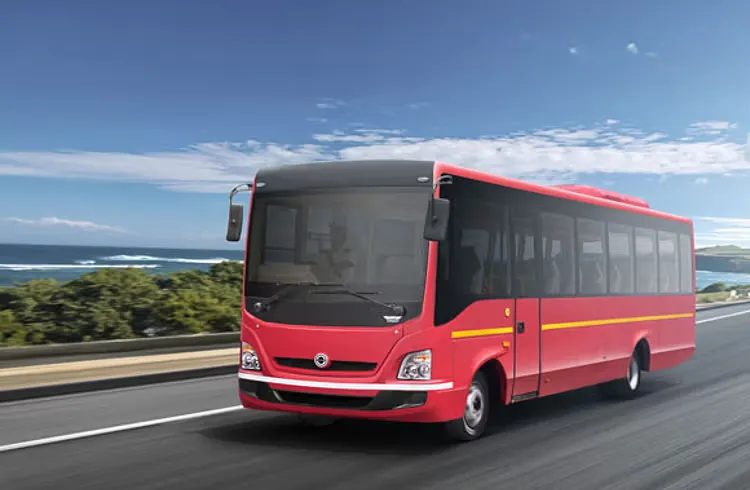
In parallel with depot construction, Daimler Buses will deliver a fleet of 20 eCitaro electric buses to MOIN GmbH. These will be supplied in two phases: the first batch of ten vehicles—including five standard eCitaro solo buses and five articulated eCitaro G models—will arrive in Lüneburg by the end of 2025. The remaining ten buses, consisting of seven solo and three articulated units, will be delivered by the end of 2026.
The vehicles are equipped with a range of advanced features designed for both passenger comfort and operational safety. Each bus includes:
- Two wheelchair spaces for improved accessibility
- MirrorCam systems replacing traditional mirrors for better visibility and aerodynamics
- A 360-degree or 270-degree camera system to enhance driver awareness
- Numerous driver assistance and safety technologies
The solo buses can accommodate approximately 80 passengers and come with five battery packs, offering a range of 300 to 350 kilometers on a single charge. The articulated buses, with space for up to 120 passengers, are fitted with seven battery packs and have a range of 250 to 300 kilometers. Charging will initially be conducted via plug-in connections at the depot, though each bus is also equipped with contact rails on the roof, enabling potential future upgrades to pantograph-based charging systems.
Government Support Bolsters Transition to Sustainable Mobility
The development of this electric mobility ecosystem in Lüneburg has been made possible in part through funding from the Federal Ministry for Digital Affairs and Transport (BMDV). The buses and charging infrastructure are supported by the Climate and Transformation Fund under the “Guideline for the Promotion of Alternative Drives for Buses in Passenger Transport.” This funding program aims to accelerate the decarbonization of public transport across Germany, particularly through investments in electric and hydrogen-powered fleets and their supporting infrastructure.
A Model for the Future
The Lüneburg project sets a precedent not just for Daimler Buses, but for the broader public transportation industry. By assuming full responsibility for both the vehicles and the necessary infrastructure, Daimler Buses is positioning itself as a comprehensive solutions provider in the rapidly evolving field of zero-emission mobility. The collaboration with MOIN GmbH illustrates a new level of integration between public transit operators and vehicle manufacturers, reflecting a shared commitment to climate action and sustainable urban development.
As cities and regions across Europe increasingly look to transition their public transit fleets to cleaner alternatives, the Lüneburg electric bus depot could serve as a model blueprint. With construction now underway and deliveries set to begin later this year, the project is poised to redefine urban mobility in Lower Saxony—and potentially far beyond.
About MOIN Mobilitätsinfrastruktur und -betriebs GmbH Landkreis Lüneburg
Mobilitätsinfrastruktur und -betriebs GmbH Landkreis Lüneburg is a newly founded company for the re-municipalisation of public transport in the Lüneburg district. The company is owned by the district of Lüneburg. From 1 January 2026, MOIN GmbH will be responsible for the operation of bus traffic in the entire service area, including the planning and organisation of timetables, routes, transport services and passenger services. The goal of MOIN GmbH is to make local public transport in the city and the Lüneburg region future-proof, climate-friendly and reliable.


